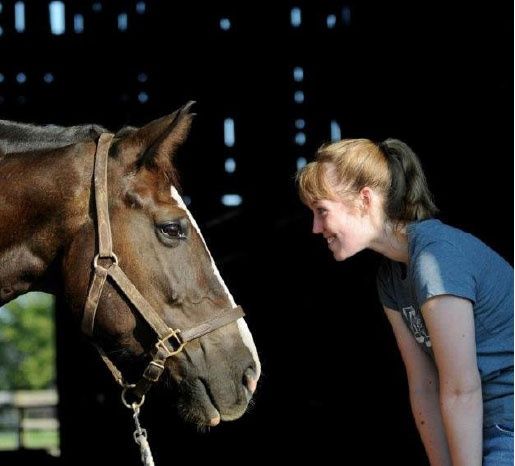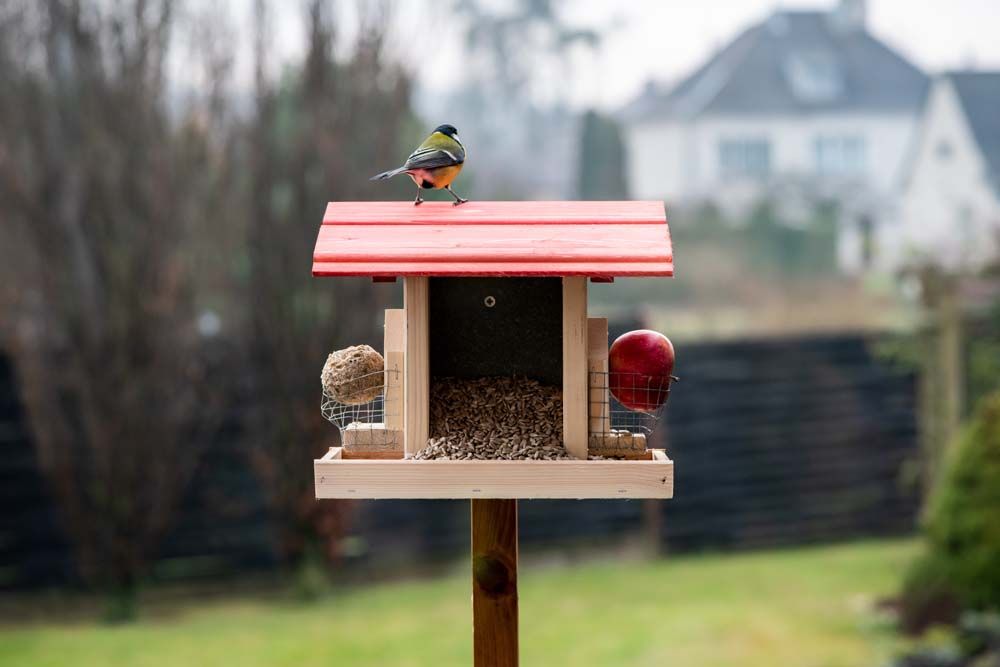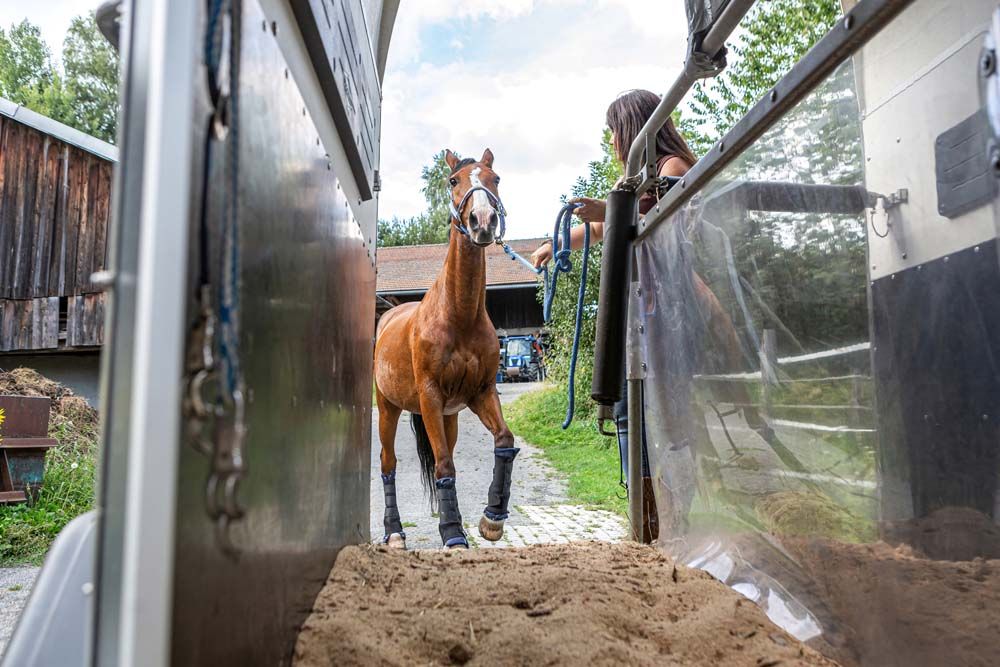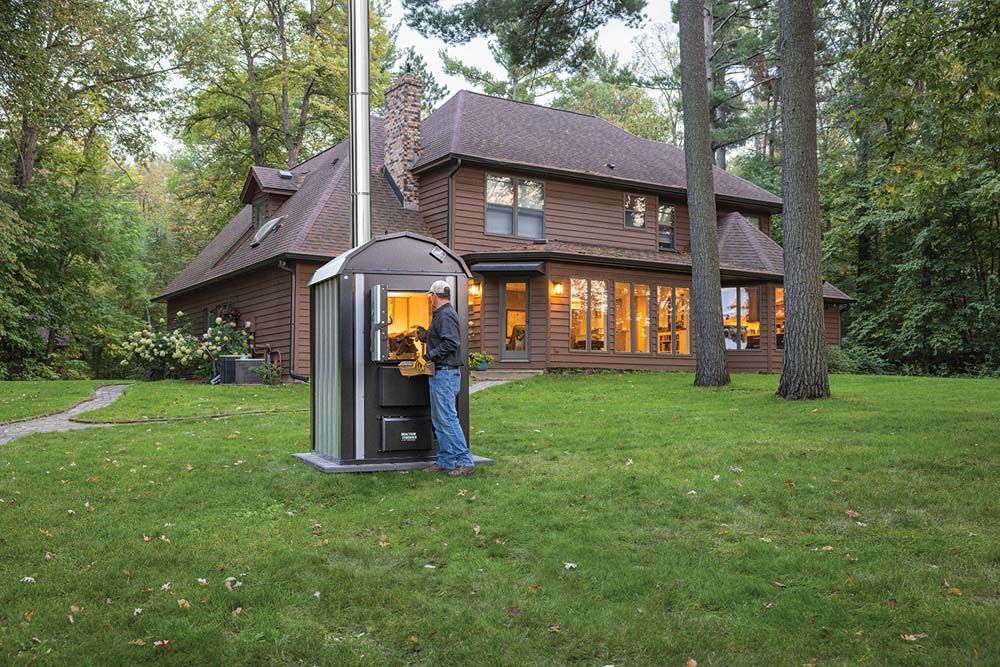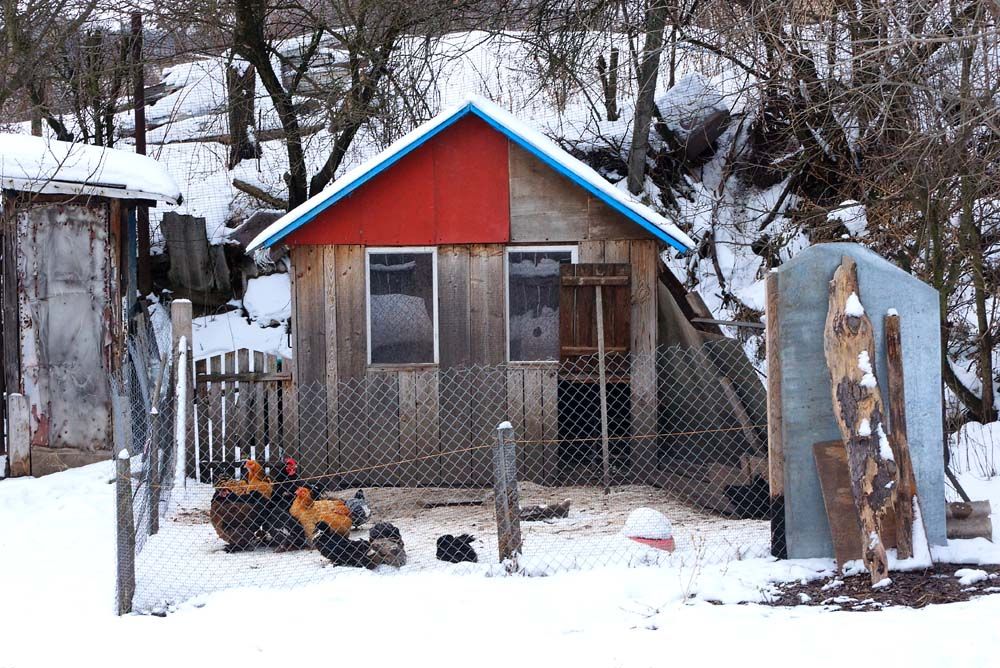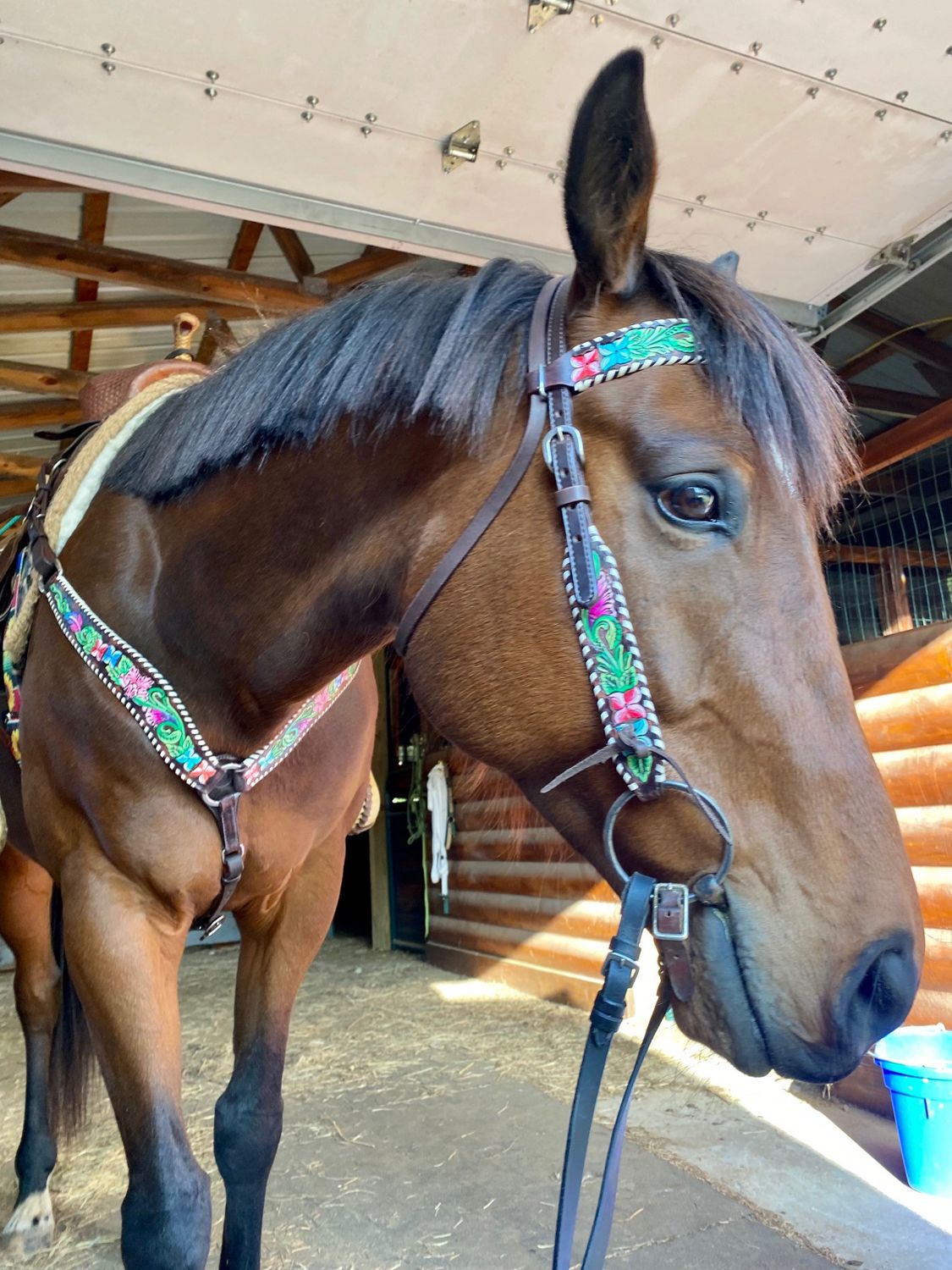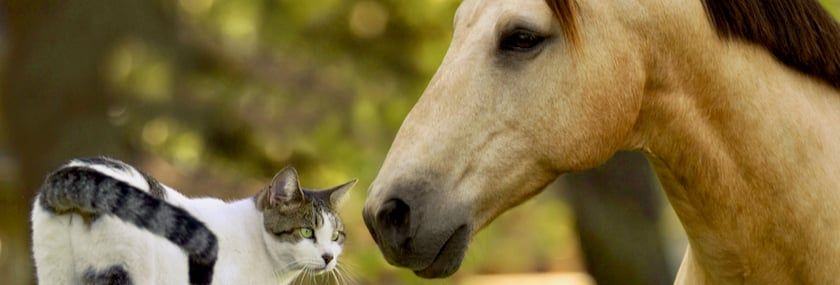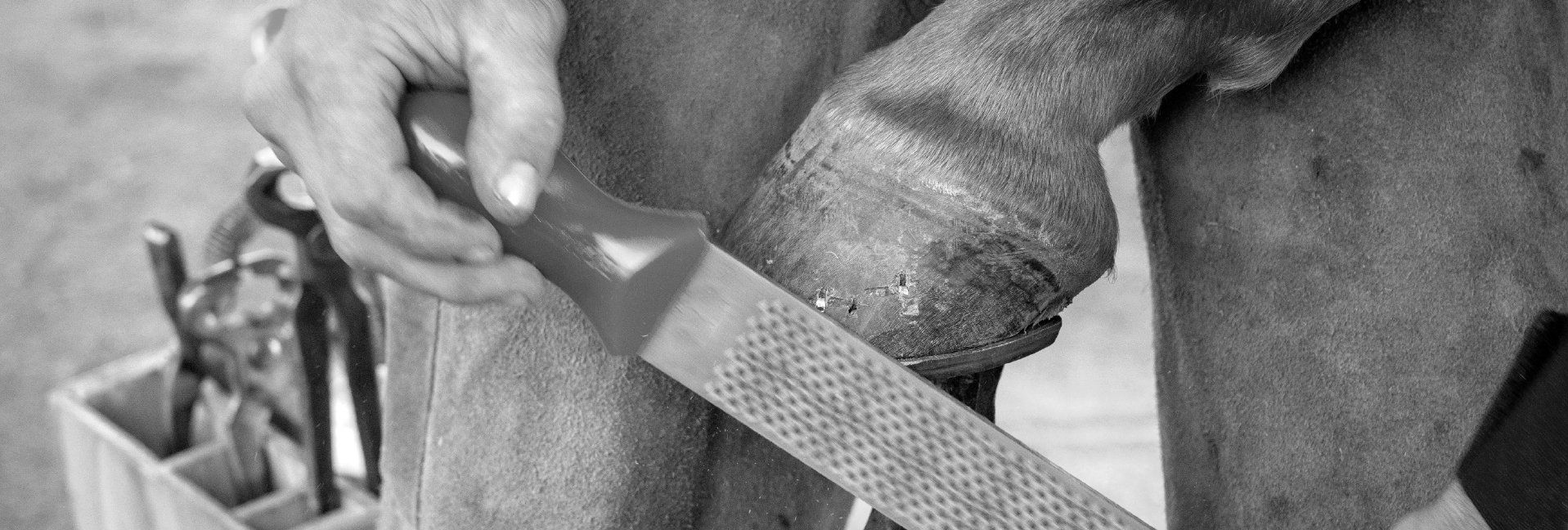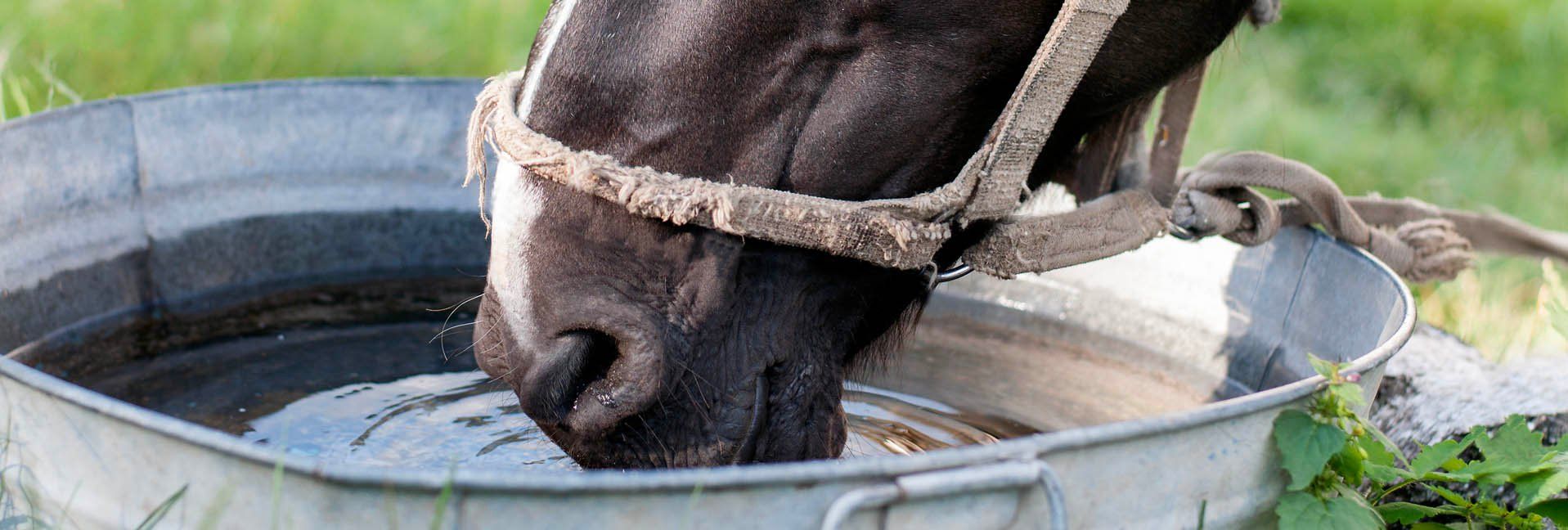When ‘Different’ Doesn’t Mean - ‘Bad’ An unfamiliar discipline can improve your daily ride
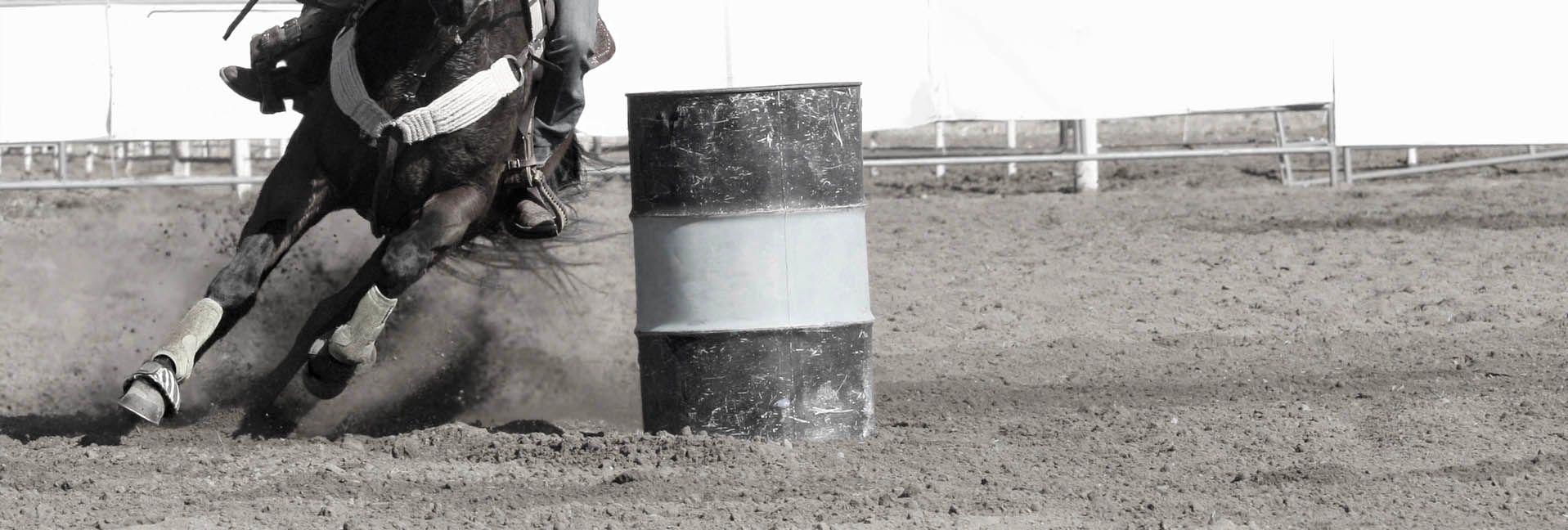

Last fall, my mare had some minor lameness issues and needed a few weeks off. For the first time since buying her six years earlier, I found myself looking at a long stretch of perfectly good weather, no business trips…and no horse to ride. It only took two or three weeks of cleaning my tack and bathing my horse before I decided I needed to be back aboard again.
As I was scrolling through my social media feeds one day, I stumbled across a few old photos from a friend’s reining competition. I’d always thought reining and barrel racing looked like fun, if a completely different world from the one I knew. I grew up riding hunter/jumpers and transitioned to dressage and eventing as an adult.
Differences from the outside
To an outsider, there probably doesn’t seem to be much difference between hunters and eventers—after all, both involve jumping a fence in an English saddle. I quickly learned that the similarity ended there, not just in terms of the horse’s movement, but in the rider’s balance. I had to relearn how to sit in the tack, how to use my legs, and don’t get me started on the differences in rein use.
It reminded me of posing for a photographer: You follow directions, sit up straight, crank up your arm, and stick out your knee, all while being told it’s the only way to ‘look natural’ for the camera.
While I grew from that experience, I knew I wasn’t interested in making a permanent discipline switch again. That didn’t mean I wasn’t curious enough to give Western riding a spin.
Reining was challenging in the same way that my first several dressage lessons were, but I’m really glad I tried it.
You become more body aware
A different style of riding gives you a different awareness of your body. With a much lighter contact on the reins, I had to find something to do with my hands. As it turns out, I tend to hunch one shoulder and let my wrist drift forward, rather than bend my elbows and steady my hands. I do this when I’m distracted in my regular gear too, but when your reins are loose, your poor natural posture tendencies can become even more expressive.
(In case you wondered, riding a loping Quarter Horse with a sideways, slightly floppy arm does look as silly as it sounds – but it’s much easier to catch yourself making the mistake.)
Tension and stress changes
A different discipline may also reveal sneaky ways you express stress. I’ve always known I’m a somewhat tense rider – I’m a somewhat tense person, so it comes as no surprise – but my reining teacher helped me realize that it wasn’t just my neck and back that were tight.
Western horses are very sensitive to inner thigh pressure in a slightly different way from my eventing horse, who responds to a tight seat by slowing down. Western horses are trained (possibly in a more intuitive way) to speed up with thigh tension and slow down with relaxation.
The reining mare I rode jogged progressively faster, shredding the cones we were meant to be looping around, until I learned this point.
Common exercise
Even if the goals of two disciplines are different, there will be exercises you can use in both. One of the trickiest exercises in my reining lessons was setting two PVC pipes about 18 inches apart and backing my horse down them without letting her brush them with her heels. Reining horses back up very quickly, so the exercise helps you avoid overcorrection, but it’s also good for my dressage work at home.
Any well-trained horse will position itself to follow your hips and seat whether moving forward or back, so my mare and I benefitted from practicing this together at a slower pace.
Test your inner Rubik
A new discipline will teach you why you ride. I’ve always thought of myself as someone who rides to enjoy the connection with the horse. While I still believe that’s true, my reining lessons showed me that I ride for myself, too.
Taking lessons away from my own mare meant that I could focus on my own mental Rubik’s cube of a new task and a new medium, and I enjoyed the experience even more than I thought I would.
So, if you get the chance to try a different way of riding, take it. You never know what you may learn.
Tags:Horse Sense

Acreage Life is part of the Catalyst Communications Network publication family.




